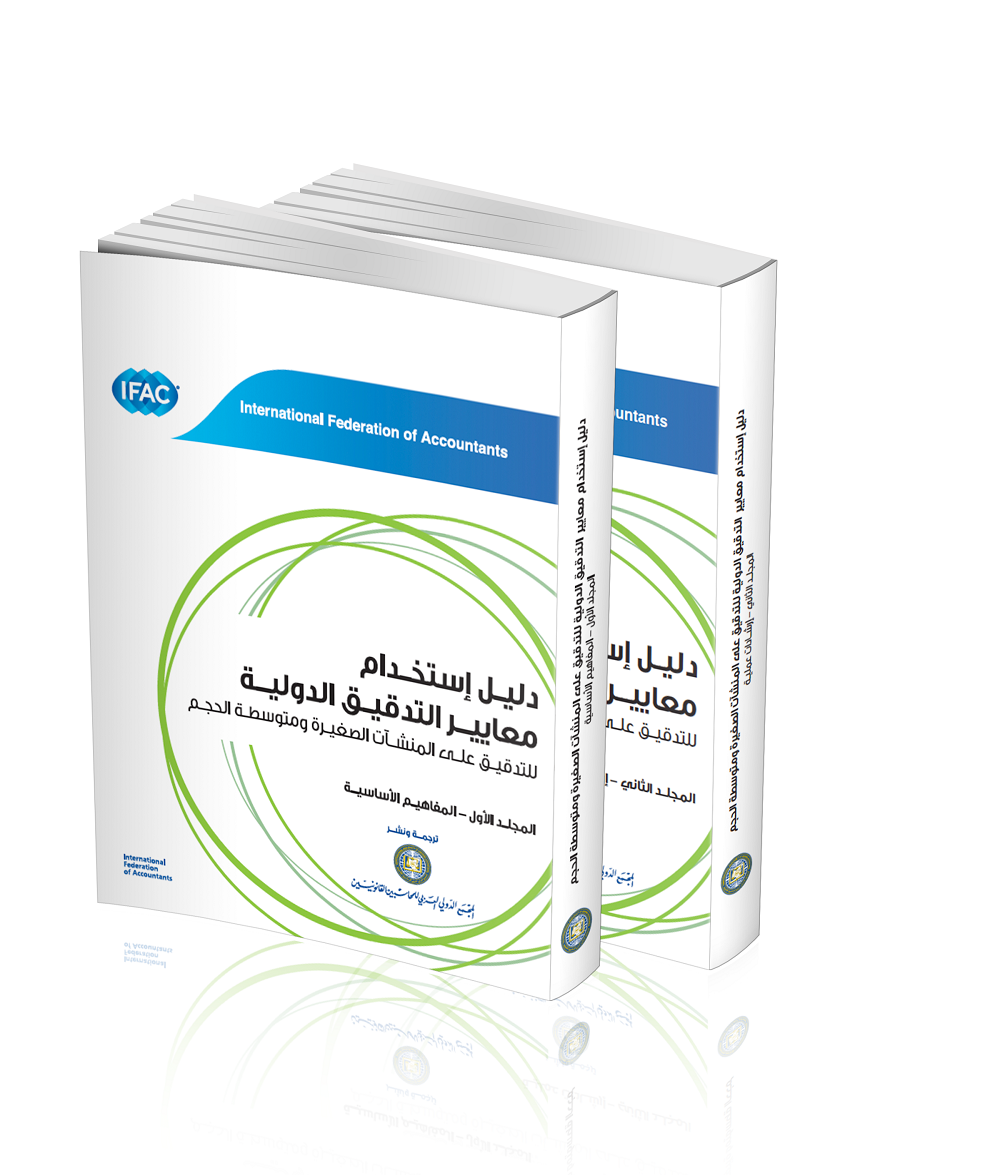Abu-Ghazaleh: ASCA (Jordan) Issues Arabic Version of Guide to Audits of SME
13 Jun 2019 AMMAN -The Arab Society of Certified Accountants (ASCA/Jordan) issued the approved translated Arabic version of the Guide to Using ISAs in the Audits of Small- and Medium-Sized Entities (SMEs), issued by the International Federation of Accountants (IFAC). HE Dr. Talal Abu-Ghazaleh, ASCA Chairman, stated that the Guide aims at helping practitioners conduct high-quality, cost-effective audits, enabling them to better serve SMEs and, in turn, the wider public interest.
HE Dr. Talal Abu-Ghazaleh, ASCA Chairman, stated that the Guide aims at helping practitioners conduct high-quality, cost-effective audits, enabling them to better serve SMEs and, in turn, the wider public interest. The fourth edition has been updated to reflect the recent changes to the ISAs including the International Audit and Assurance Standards Board (IAASB) projects on Using the Work of Internal Auditors; the Auditor’s Responsibilities Relating to Other Information; Auditor Reporting; Disclosures and Non-Compliance with Laws and Regulations.
This Guide can be used to:
• Develop a deeper understanding of an audit conducted in compliance with the ISAs;
• Develop a staff manual (supplemented as necessary for local requirements and a firm’s procedure) to be used for day-to-day reference, and as a basis for training sessions and individual study and discussion; and
• Help ensure that staff adopt a consistent approach to planning and performing an audit.
The Guide has been organized into two volumes as follows:-
Volume 1 of the Guide, which provides an overview of the entire audit and a discussion of key audit concepts such as materiality, assertions, internal control, risk assessment procedures, and the use of further audit procedures in responding to assessed risks. It also includes a summary of ISA requirements with respect to:
• Specific areas such as accounting estimates, related parties, subsequent events, going concern, and others;
• Documentation requirements; and
• Forming an opinion on the financial statements.
Volume 2 of the Guide focuses on how to apply the concepts outlined in Volume 1. It follows the typical stages involved in performing an audit, starting with client acceptance, planning, and risk assessment, and then the risk response, evaluating audit evidence obtained, and forming an appropriate audit opinion.
It is worth mentioning that ASCA-Jordan continuously seeks to develop accounting and management sciences, as well as all related principles applicable to professional services. ASCA-Jordan also strives to improve competence and practice and strengthen the code of ethics in accordance with the highest professional standards through the issuance of accounting publications and following up on the recent developments in accounting and auditing.





